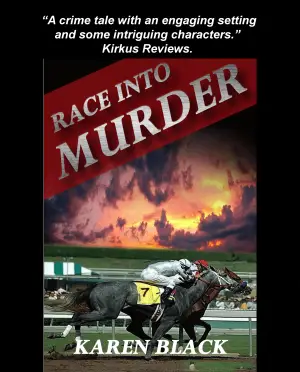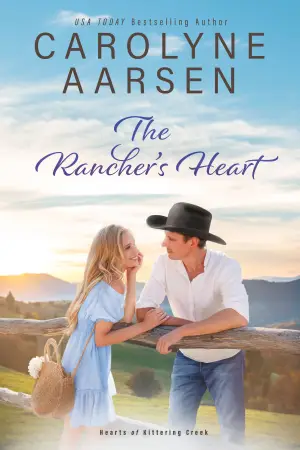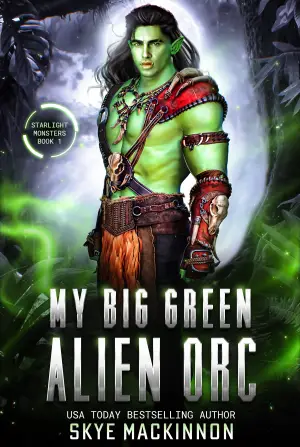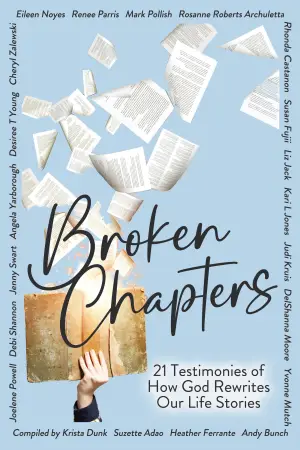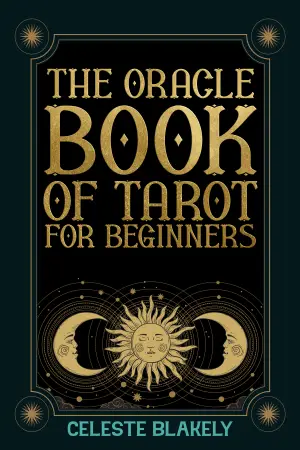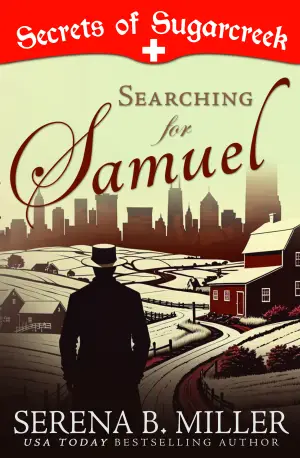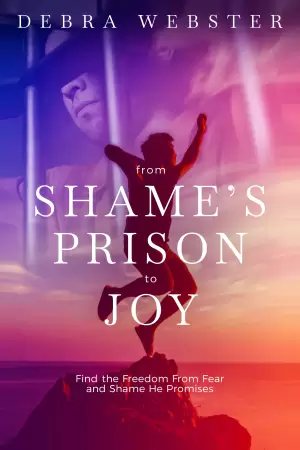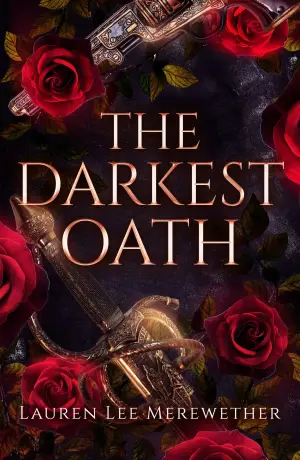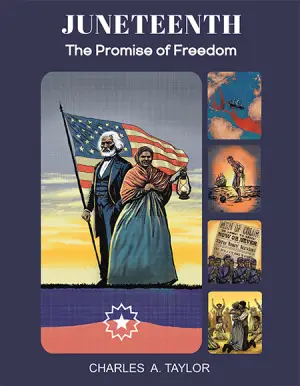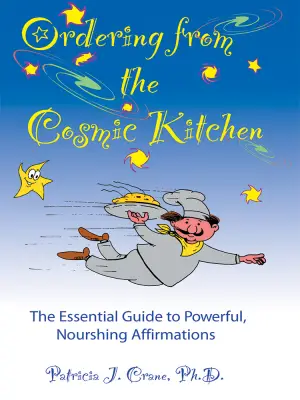The Road: A Journey That Went Nowhere
I picked up Cormac McCarthy’s The Road with a little aching curiosity. Having heard whispers about its bleakness and raw emotion, I wanted to know: what could compel a father and son to traverse such a desolate landscape? Would this be a profound exploration of love in a world stripped bare? Or a thinly veiled exercise in self-indulgence?
From the start, it became clear that McCarthy is a renowned author—one frequently heralded for his poetic prose and heavy themes. But as I turned the pages, I couldn’t shake the feeling of déjà vu: the repetitive structure, the shifting tones that echoed Melville and Hemingway without ever settling into a form of their own, felt like a disjointed collage rather than a cohesive story. The phrases sometimes read like a shopping list—each item painstakingly detailed, yet devoid of deeper context or emotion.
The plot follows a nameless father and son navigating a post-apocalyptic world, grappling with threats both tangible and existential. We are supposed to feel their weariness, understand the magnitude of their plight, but instead, we get a series of echoes. Their conversations are monotonous; the same threads cycle around without growth or revelation. I found myself questioning if the true “road” we’re intended to traverse is one of emotional connection. But I was left feeling distant, almost as uninvolved as the characters themselves.
One particularly notorious example captured my frustration: the interaction between father and son, read like this:
Father: "Do it now."
Son: "I’m scared."
Father: "Just do it."
Son: "Are we going to die?"
Father: "No."
Son: "Are you sure?"
Father: "Yes."
It’s a circular conversation devoid of innovation and fails to resonate. Instead, it feels like a placeholder, stalling my engagement. And no amount of grim, poetic metaphor could revive it. McCarthy vacillates between stark simplicity and flourishing but disconnected imagery, like:
"A single gray flake sifting down. He caught it in his hand and watched it expire like the last host of Christendom."
While the ambition here is significant, it often comes across as superficial—metaphors that sound impressive but lack substance. It’s almost as though McCarthy—like Sokal in his notorious affair—has been too comfortable in the arms of critical acclaim. His straightforward prose, praised by many, often struck me as an empty vessel rather than a well of wisdom.
I found myself growing despondent during my time with The Road. It’s a landscape robbed of color and possibility, portraying a world so bleak that even the promise of “The Fire” that the father keeps mentioning feels less inspiring and more like an elliptical afterthought. Readers often yearn for a glimmer in the dark, but here I found no brilliance; only more layers of darkness.
Would I recommend The Road? Perhaps, but with a caveat. This book may appeal to those intrigued by deeply introspective character studies, albeit stripped of the joy and hope that often accompany the human experience. If you’re looking for existential reflection or dissection of the human spirit, be warned: you might find yourself treading through emotionally sterile waters.
In the end, I left The Road wondering if McCarthy’s exploration of suffering was something I, as a reader, was supposed to recognize in the context of my own life—or if it was merely a reflection of his own struggles, gilded in layers of philosophical jargon. I emerged from the experience feeling slightly hollow, as if I’d taken a detour down a road that led nowhere but a realization of lost potential. And that, perhaps, is the most profound tragedy of all.

